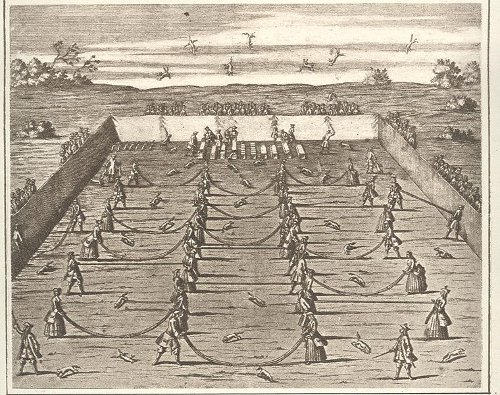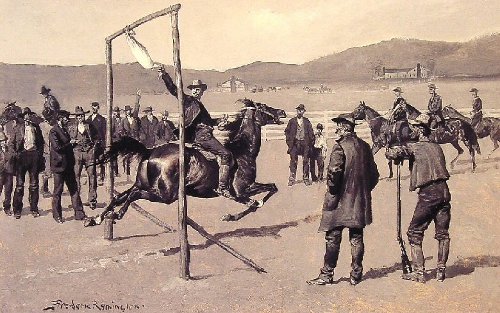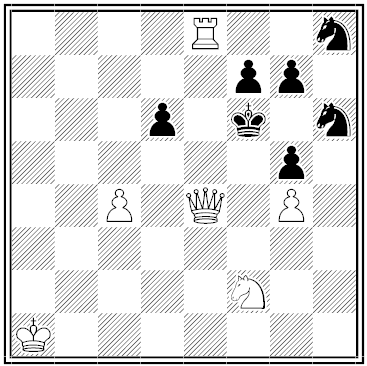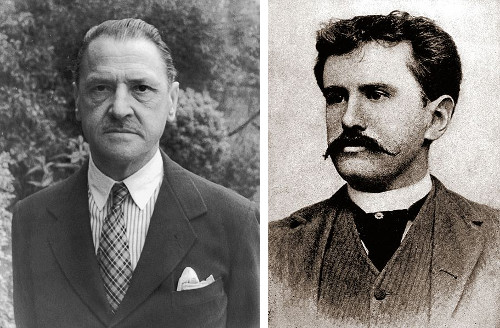
Two bygone amusements that we’re well rid of:
In fox tossing, popular in the 17th century, foxes would be released into an arena in which slings were laid between pairs of participants. If a fox crossed a sling, they would fling it into the air, usually killing or severely injuring it. The highest toss won the contest.
In goose pulling, a live goose was tied by its feet to a rope stretched over a course, and each competitor would ride under it at full speed and try to pull off its head.
“This pastime is not one to be commended on the score of humanity,” noted Baily’s Magazine of Sports & Pastimes in 1902, “but it did something to test horsemanship; the goose we may be sure did not hang in a state of resigned quietude, and if the horseman had not a good seat he ran an excellent chance of coming a heavy cropper in his attempt to seize the writhing neck.”




